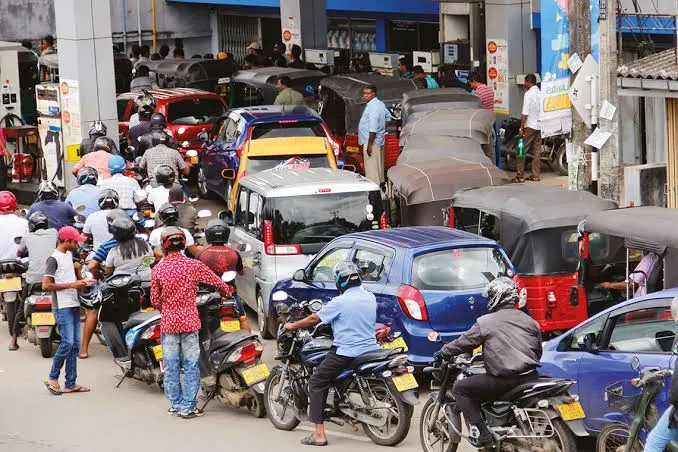The escalating fuel prices in Nigeria have placed ride-hailing companies like Uber and Bolt in a precarious position, forcing them to consider increasing fares to offset the rising costs.
The recent fuel shortages, which pushed prices to a staggering ₦897 per litre, have significantly impacted the operations of these companies.
While a fare increase seems like a logical solution to cover the additional fuel expenses, it could also lead to a decline in passenger demand. Finding a balance between the needs of drivers, who require higher earnings to cover their operational costs, and passengers, who seek affordable rides, is a delicate task for these companies.
Read also: Nigerian Uber, Bolt drivers reject price cuts, threaten boycott
How do fuel price increases affect public transportation?
The surge in fuel prices has directly affected drivers’ earnings. Many have reported a significant decrease in their daily income as they spend more on fuel. Some drivers have resorted to negotiating higher fares with passengers to mitigate the impact, often leading to disputes and inconvenience.
The potential fare increases for passengers could make commuting more expensive, which might decrease demand, particularly for non-essential rides or longer distances.
How companies responded to the change in fuel price
Ride-hailing companies carefully consider their options in response to the fuel price surge. Some implement small fare increases, while others conduct internal analyses to determine their next steps.
For example, Uber is exploring various strategies to reduce costs, such as optimising driver earnings while keeping fares affordable for riders.
Read also: Kenya ride-hailing companies increase fare amidst drivers’ agitation
However, ride-hailing companies are actively seeking other measures to meet the increase in fuel prices besides fares. These may include extending fuel subsidies to the drivers to ease fuel costs, persuading the drivers to adopt efficient fuel usage techniques, and negotiating with the fuel stations for discounts or lower fuel prices.
As the fuel crisis unfolds, ride-hailing companies in Nigeria will have no option other than to make the necessary changes to help them survive the hard times.
The final results will, therefore, only be determined by the proportions between the requirements of drivers and clients using their services and the above companies’ capacity to identify new strategies for minimising ever-increasing fuel costs.
